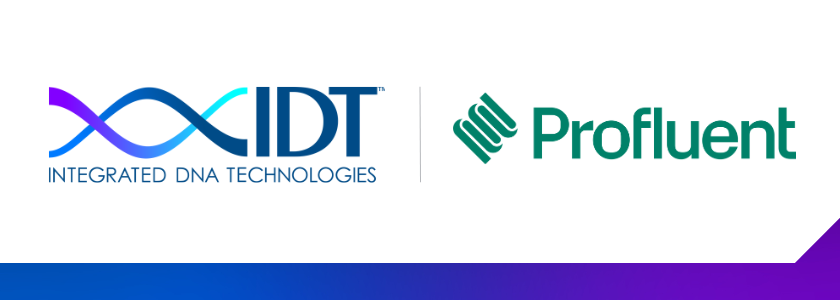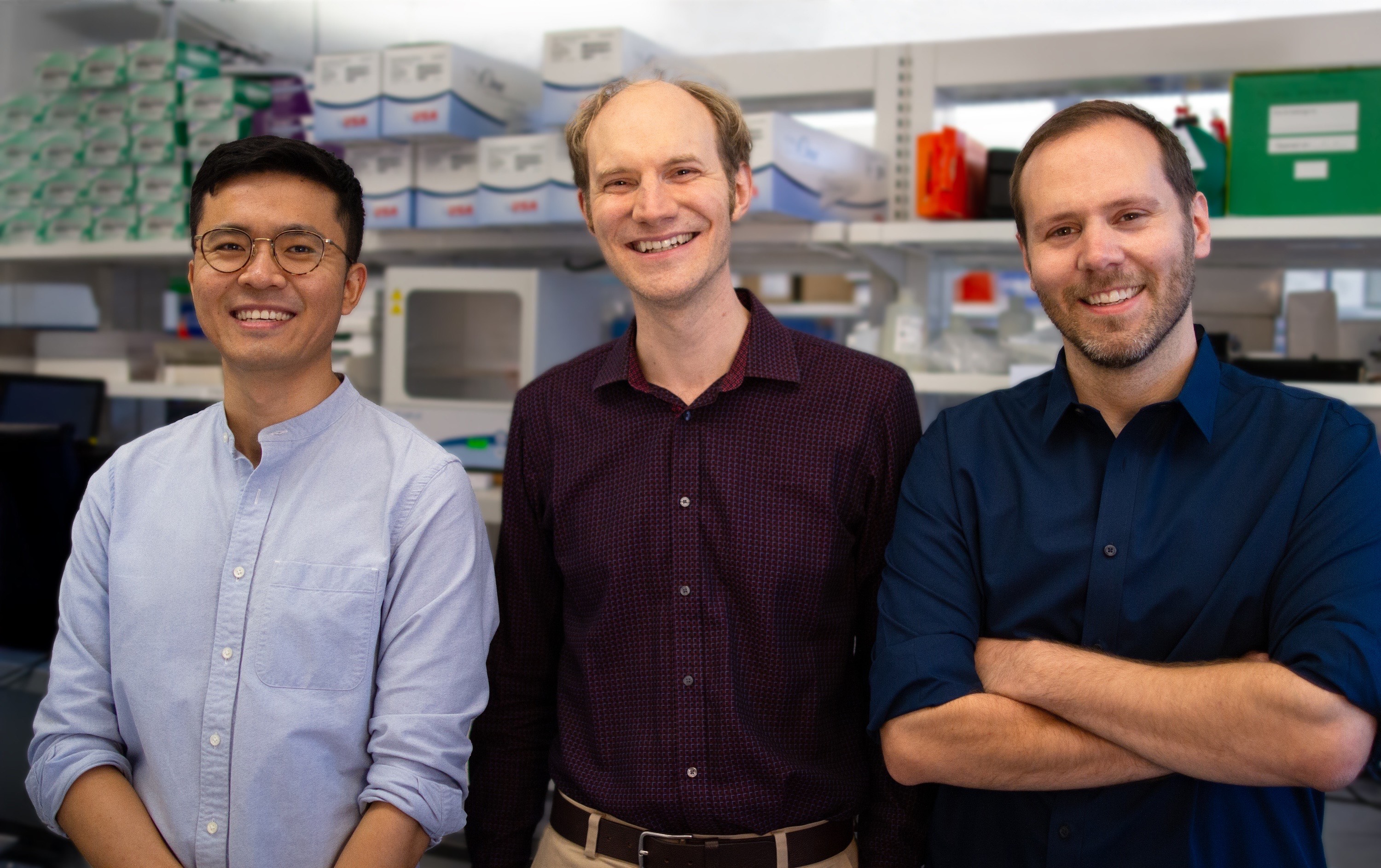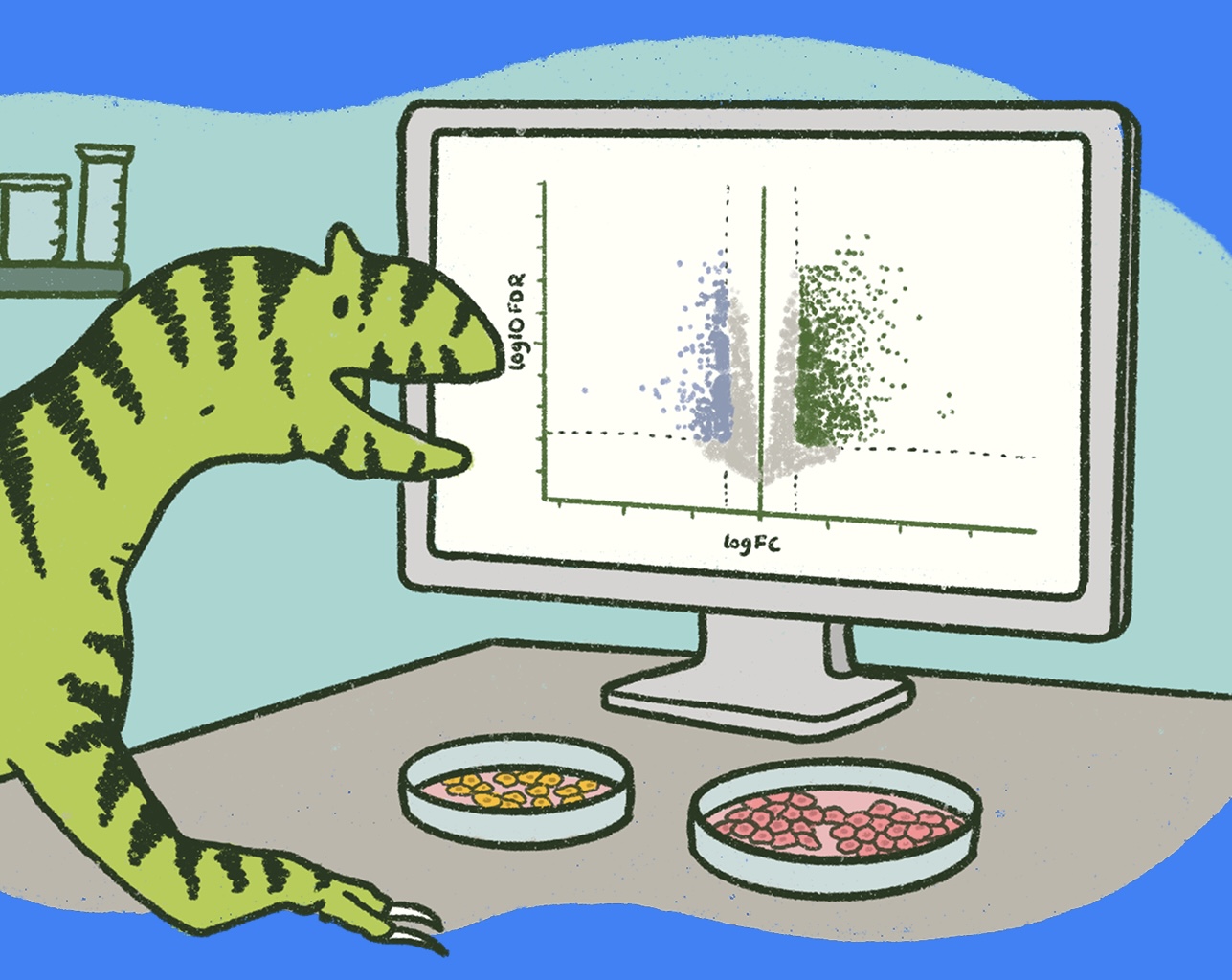A big IPO for synthetic biology: Twist rings the Nasdaq bell today
Twist Bioscience, the DNA synthesis company exploiting semiconductor technology to produce custom DNA at a scale and price that is reshaping the market, has priced its initial public offering of 5,000,000 shares of its common stock at a price to the public of $14.00 per share. Twist was founded in 2013 by Emily Leproust, Bill Peck, and Bill Banyai. With 2018 sales expected to come in at around $25 million, its oligos are being used in research applications from medicine to agriculture, tackling diseases like breast cancer and contributing to open science by supporting the Free Genes project. And the company hasn’t stopped at DNA synthesis. It is also aiming to be a global leader in DNA digital data storage and biologics library development.On October 3, Twist filed its S-1 with the SEC indicating their intent to hold an IPO -- an announcement that thrilled the synthetic biology community. The stock will trade on the Nasdaq Global Market under symbol TWST. Upon the announcement, SynBioBeta contributor Calvin Schmidt reflected on his personal blog, “Most companies go public about a month after they file their S-1, so you and I could soon hold TWST stock,” capturing the excitement and anticipation of many.In the S-1 filing, Twist detailed its sales and profit data, asset and debt values, ownership fractions, and customer details. Among other achievements, they emphasized their 400% year-over-year growth in 2017, their 139% year-over-year growth in 2018, their global expansion which includes existing facilities in San Francisco and Tel Aviv, Israel and funding for new facilities in Asia, and partnerships with companies like Ginkgo Bioworks, Distributed Bio, and Microsoft Corporation. They also highlighted the fact that they supply their technology to four of their top competitors, sealing them as the de facto leader in the synthetic DNA sector.Emphasizing their potential impact, Twist stated on their SEC filing, “The synthetic biology market is growing rapidly and is being fueled by increased access to affordable and innovative tools that enable new applications. We believe this is analogous to the trends seen in the next generation sequencing, or NGS, market, where declining costs of sequencing drove adoption, new applications and market expansion. Similarly, tools that combine advanced production technology with modern digital technology and software capabilities, such as our DNA synthesis platform, are driving growth and market creation for synthetic DNA and synthetic DNA-based products.”In his blog post, Schmidt took an in-depth look at the details of the filing. He mused that Twist’s intent to hold an IPO likely isn’t to gain more money for the company, but rather to create liquidity for employees and investors. Why? They don’t really need the money, evidenced both by the $90 million the company has leftover from their venture capital funds (which should carry them through 2019) and the relatively low target value of the IPO -- only $86.3 million.There is one small hiccup that Twist included as a business risk in their IPO filing: an ongoing intellectual property theft lawsuit with Agilent Technologies. Twist seems confident that they can put up a tough fight in the lawsuit, recently stating, “Agilent’s most recent allegations are gamesmanship, not substance. They omit that more than four months before it sought to change its complaint, Twist informed – and provided to Agilent – the irrelevant, passively retained documents referenced by Agilent in its proposed amendment. Discovery also afforded Agilent access to thousands of Twist’s technical documents, yet they have been unable to tie any Agilent document or information to Twist’s game-changing silicon technology. The fact remains that no Agilent information was used in or affected any aspect of Twist’s independently-developed technology.”Despite the legal battle, the general sentiment surrounding Twist’s announcement is not one of concern over legal entanglement, but of excitement about the future, with Nanalyze calling it “the most exciting synthetic biology IPO we’ve seen to date.”So, should we all be running to purchase a bit of Twist stock? Although the company is still losing money, revenue is growing at a steady pace that should leave the company profitable within a few years if it continues. Only time will tell whether an investment in Twist is a profitable one or not -- but I for one am hedging my bets.




.svg)











.gif)